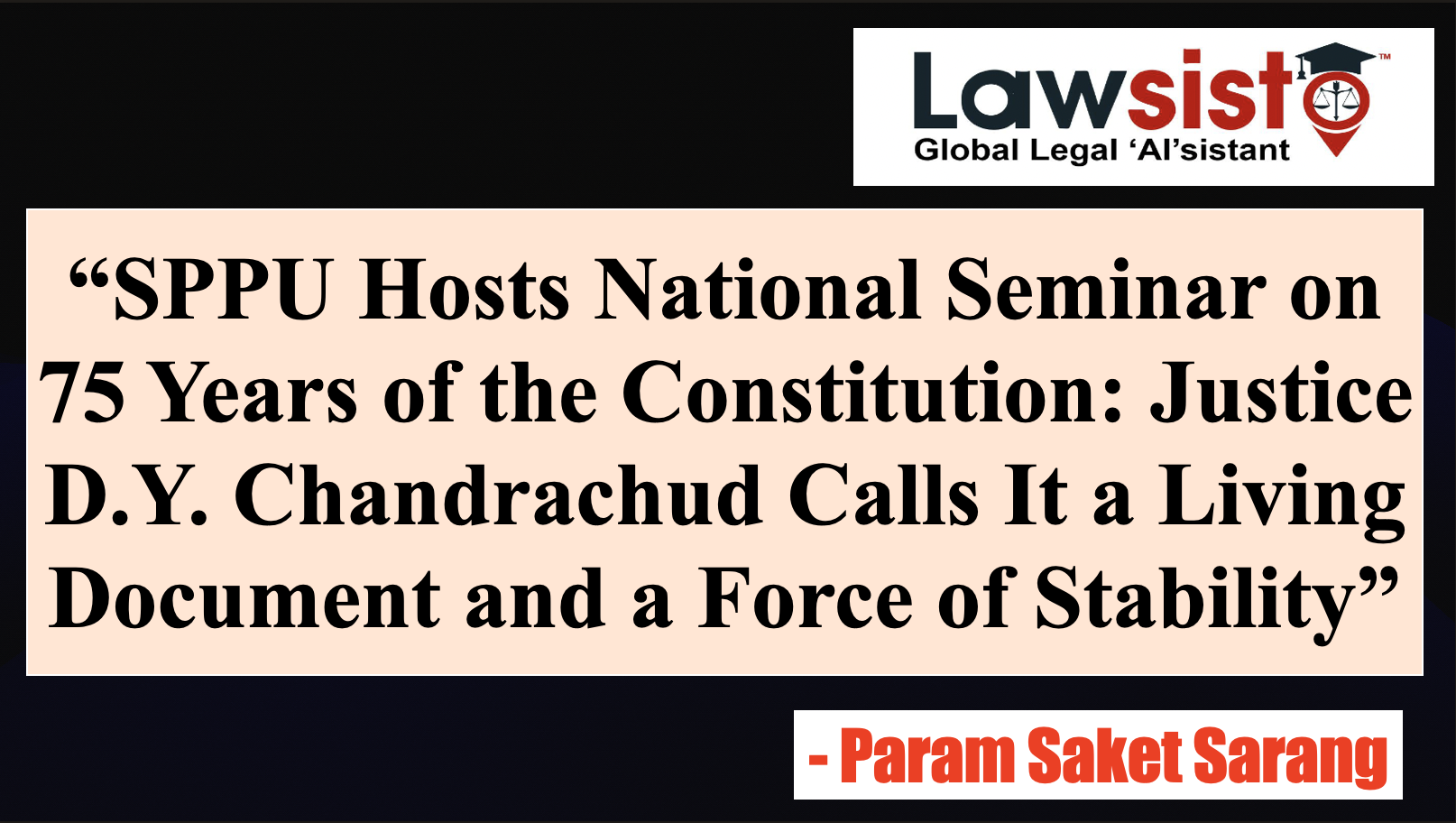Latest Articles
Concept of conciliation

Concept of conciliation
Conciliation is another dispute resolution instrument wherever the settlement is out-of-court. Conciliation involves an independent conciliator who facilitates communication between the two parties having the dispute, with the aim of achieving a settlement or resolution.
Like mediation, conciliation could also be a voluntary, flexible, confidential, and interest based method. Once the parties in dispute have in agreement to a conciliation method, an independent conciliator goes to be appointed. they'll discuss the problems and take a look at to assist the parties reach an agreement, typically providing their own opinion once assessing matters and therefore the totally different arguments. Their opinion might facilitate a settlement or reach a conclusion to the dispute.
It's important to notice that the conciliation method is entirely voluntary; a productive outcome depends on a mutual agreement and either party is liberated to leave at any stage. The main distinction between conciliation and mediation proceedings is that- throughout the conciliation at some purpose the conciliators are asked by the parties to grant a non-binding settlement proposal. A mediator, against this, can in most cases and as a matter of principle, refrain from creating such a proposal.
Conciliation could also be a voluntary continuing, wherever the parties concerned are liberated to agree and decide to resolve their dispute by conciliation. These proceedings are seldom public. they're interest-based, as a result of the conciliator can once proposing a settlement, not solely taking into consideration the parties' legal positions, however conjointly their; industrial, monetary and / or personal interests. A conciliator does not ought to endure any specific coaching however some do have legal expertise which can be useful in sure disputes.
The conciliator’s job is most significantly, to facilitate communication between the parties having a dispute and steer them towards an agreement. they'll sometimes think about the position of each party and, not like in mediation, might supply their opinion on the merits of each argument and suggest an honest outcome (eg the terms of any settlement).
Once the conciliator has created their recommendations, it's up to the parties to form a choice whether or not to fit any proposals. The suggestions or opinions of a conciliator cannot be obligatory. If a settlement is achieved, it should be started out in writing so as to be lawfully binding.
Like in mediation proceedings, the last word call to agree on the settlement remains with the parties.
Main edges of Conciliation are:
- Conciliation ensures party autonomy.The parties will select the timing, language, place, structure and content of the conciliation proceedings.
- Conciliation ensures the experience of the choice maker.The parties are absolved to choose their conciliator. A conciliator does not have to have a specific skilled background. The parties might choose on criteria such as; expertise, accessibility, language, skilled or personal experience, and cultural skills. A conciliator ought to be impartial and freelance.
- Conciliation is time and price economical.Due to the informal and versatile nature of conciliation proceedings, they'll be conducted throughout a time and cost-effective manner.
- Conciliation ensures confidentiality.The parties sometimes agree on confidentiality. Thus, disputes are typically settled discretely and business secrets can stay confidential.
















































































































































































































































































































































































































































